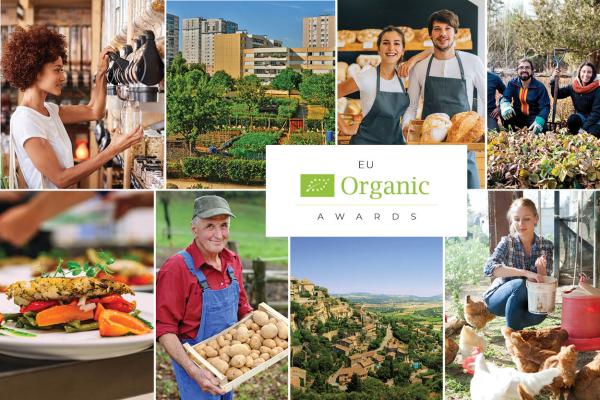Cooperation on organic policy
When implementing or preparing new legislation the European Commission works transparently, based on evidence and backed up by regularly consulting the opinion of citizens and experts in the sector. The European Commission must consult all EU countries on decisions it is going to take and this is done through regulatory committees.
The expert group on organic production
The expert group for technical advice on organic production (EGTOP) provides advice to European Institutions. It draws on outside experience to make sure that the EU rules on organics are effective and proportionate. Furthermore, as organics is a rapidly advancing and highly innovative sector, it ensures the EU keeps up to date with any technical advances in the field.
EGTOP is a permanent group and advises on many areas of organic production.
EGTOP produces regular reports on organic production and also assesses requests from EU countries to amend the technical annexes of the regulations.
Until 2008, before the establishment of a permanent expert group, the EU was advised by a number of ad-hoc expert groups which fulfilled the same role but on a temporary basis. The ad-hoc expert groups have produced several reports on organic production.
The committee on organic production
The committee on organic production represents the views of EU countries on current and upcoming organic legislation. It therefore serves as a key link between the EU and its constituent countries. It meets regularly to discuss any proposed changes to the current set of rules. It comprises representatives of all EU countries and a Commission representative as chairperson.
The civil dialogue group
The civil dialogue group (CDG) comprises representatives of groups such as producer and consumer organisations, as well as environmental charities. Its aims are to help advise and monitor the Commission’s organic policy and make contributions based on their on-the-ground experience.
The CDG's mission statement
- To maintain a regular dialogue on all matters relating to the common agricultural policy, including its implementation and new measures the Commission may be called on to take.
- To exchange relevant experience and good practice.
- To advise the Commission on relevant policy.
- To deliver relevant opinions on request of the Directorate-General for Agriculture and Rural Development or on their own initiative.
- To monitor relevant policy developments. The role of this civil dialogue group will be to assist the Commission in maintaining a regular dialogue on all matters related to organic farming.
It draws its membership from organisations such as:
- NGOs and environmental charities
- producer organisations and cooperatives
- business associations
- trade unions

